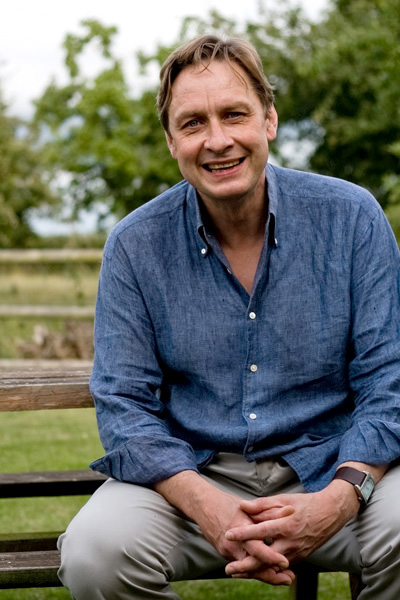The Elgar Festival is proud to welcome one of Britain’s most admired and engaging advocates for classical music, the leading broadcaster, author, critic and composer, Stephen Johnson, for a discussion of the many innovations to be found in Elgar’s Enigma Variations and the First Symphony.
The Elgar Society’s A.T. Shaw Lecture is a biennial talk by one of today’s leading Elgar Scholars.
Saturday October 30 @ 5:45 PM
Henry Sandon Hall WR1 2NE
Free admission, book to reserve a seat
Click here to book
Book by phone via Worcester Theatres – 01905 611 427
The A.T. Shaw Lecture with Stephen Johnson
Presented by the Elgar Society of Great Britain
Stephen Johnson Discusses Innovation and Experimentation in Elgar’s First Symphony and the Enigma Variations

From his first appearance on Radio 3’s CD Review in 1987, he has gone on to take part in several hundred radio programmes, most recently concentrating on documentaries about composers and musicians, and particularly on Radio 3’s weekly Discovering Music series. He is also presenter on the Classic Arts podcast series Archive Classics.
However Stephen has also made numerous appearances on TV, contributing as guest interviewee on BBC4 coverage of The Proms, ITV’s The South Bank Show, and more recently on BBC1’s The One Show.
He also made an important contribution, both as commentator and narrator, to Tony Palmer’s controversial film about the composer Ralph Vaughan Williams, Oh Thou Transcendent, and more recently to Palmer’s film about Gustav Holst, In the Bleak Midwinter.
More recently, Stephen has published highly regarded books on Mahler, Shostakovich, Bruckner and Wagner. He is also an active composer, having recently written a Clarinet for Emma Johnson and the Carducci Quartet, and this summer, he completed a new string quartet.
“Stephen Johnson is not merely the most engaging broadcaster, but with his encyclopaedic knowledge of classical music he makes natural connections between different composers and their music which continue to entrance and enthuse musicians and non-musicians alike.”
Robert Winston

